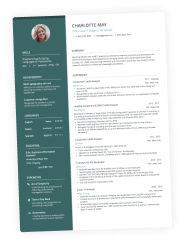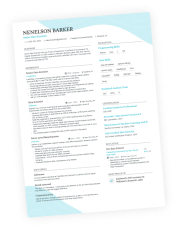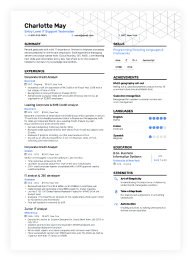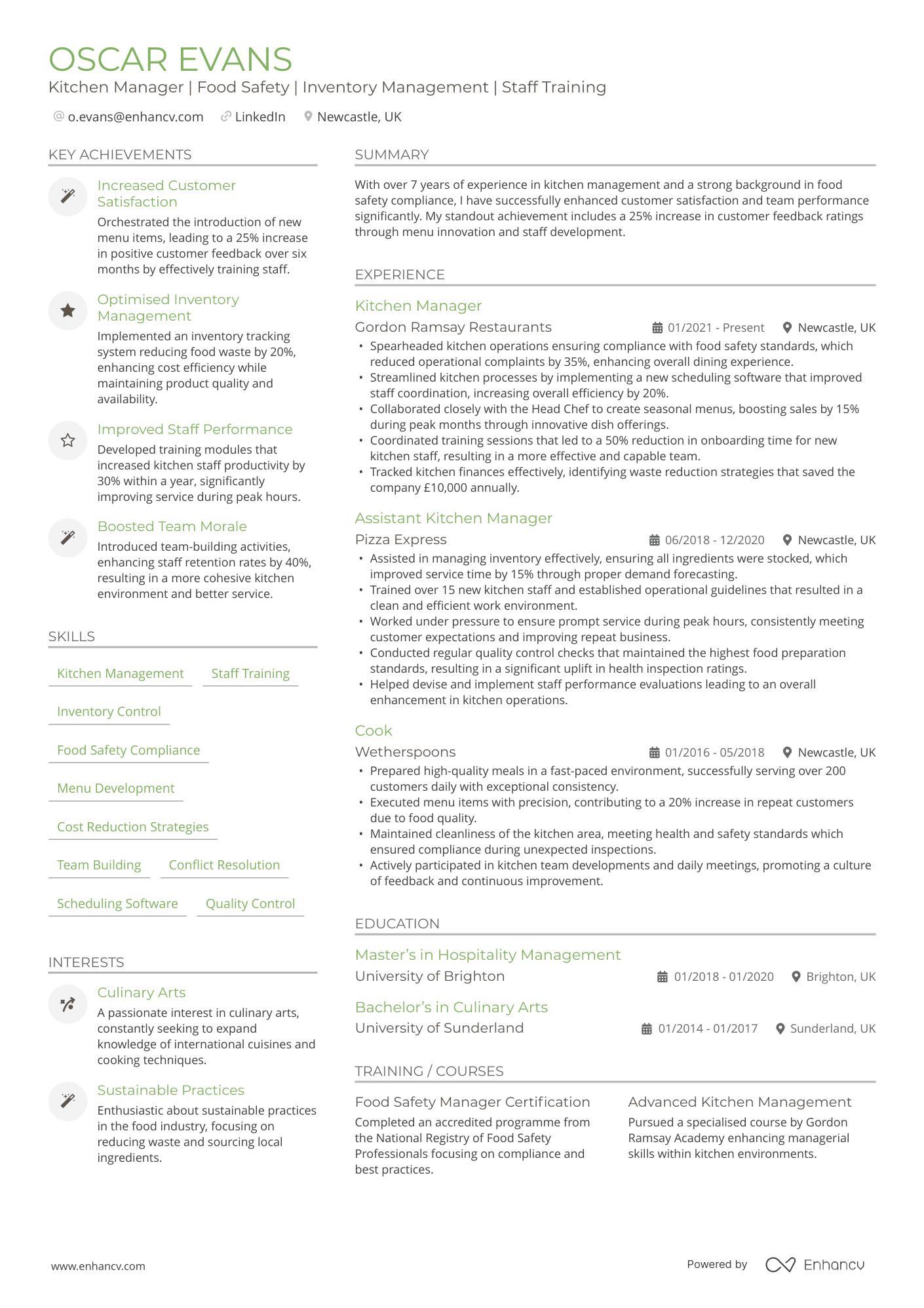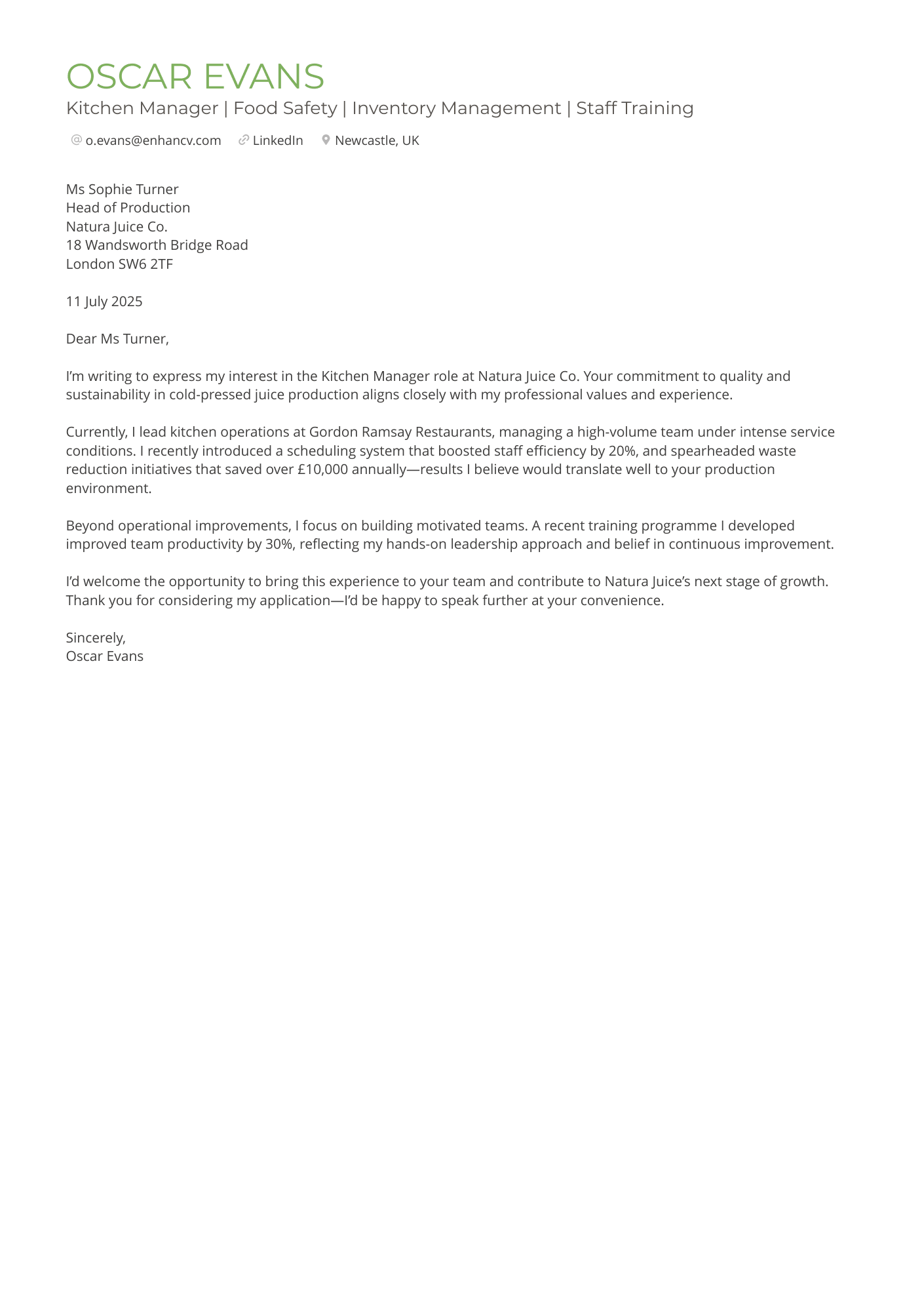Your CV is your first chance to make a strong impression. It’s a clear, concise summary of your work experience, skills, and education—all neatly packaged for a hiring manager’s quick scan. Without one, you’re not likely to be considered at all.
But what about the cover letter?
Despite being frequently dismissed or left out altogether, cover letters remain a powerful part of your application. In fact, 74% of recruiters say they’re more likely to shortlist candidates who include one. Why? Because a well-written cover letter feels personal. It gives a voice to your CV, showing who you are, why you’re genuinely interested in the role, and how your background connects to the job at hand.
Still, many jobseekers either confuse the two documents or assume one can replace the other. In reality, both a CV and a cover letter are essential—and they serve very different purposes. One highlights your qualifications and career history. The other is a tailored message that brings your application to life.
Let’s explore exactly how CVs and cover letters differ—and how you can use both to your advantage when applying for jobs in the UK.

Key takeaways
- A CV summarises your work history, skills, and qualifications in a concise, scannable format.
- A cover letter adds personal context, explains your interest in the job, and connects your experience to the role.
- CVs are required for all job applications. Cover letters are optional but often recommended.
- A strong cover letter should not repeat your CV—it should enhance it with narrative and relevance.
- Design, tone, and formatting should be consistent across both documents to present a unified application.
- Including a cover letter tailored to the company and role you’re applying for can boost your chances of getting attention, especially in competitive fields.
Use our free ATS CV Checker to make sure your document can secure an interview. By the way, if you don’t want your data stored, you can permanently delete it once you’re done reviewing your report.
Is your CV good enough?
Drop your CV here or choose a file. PDF & DOCX only. Max 2MB file size.
What is a CV?
First, let’s clear up what a CV is. It’s a formal document that lists your qualifications for a position. Typically, a well-structured CV contains the following sections:
- Header
- Professional summary or objective statement
- Work experience
- Education and training
- Certifications
- Skills
- Optional sections such as languages, projects, and volunteer work.
At the end of the day, most CVs contain similar sections. What makes them stand out is their unique content. So, make sure you tailor your CV to each job you apply for. Generic CVs are easily spotted and won’t make the cut.
What about a Europass CV? This is a standardised format designed for cross-border applications within the EU. While it's useful for applications in multinational organisations or when applying internationally, UK employers often prefer more tailored CVs that are concise, customised to the role, and flexible in layout.
Unlike the rigid structure of Europass, a traditional UK CV allows you to highlight only the most relevant skills and experience, which can make a stronger impression in competitive local job markets.
What is a cover letter?
A cover letter is a one-page document whose primary purpose is to give more depth to your application, tell the story of who you are, and include details that don’t always find a place on a CV.
You can’t apply with just a cover letter—it serves as a companion to your CV, not a replacement. But recruiters appreciate candidates who take the time to provide this added context. A well-written cover letter says: “I’m genuinely interested in this job, and here’s why I’m a great fit.”
Here’s what it should include when you write your cover letter:
- A header
- A salutation
- An introduction
- Body paragraphs
- A closing
Remember: write in the first person and offer real-life examples of your achievements. Just make sure they’re relevant to your desired role.

PRO TIP
A cover letter is a great place for you to use storytelling to draw focus to your strengths.
While your CV sticks to hard facts—job titles, responsibilities, numbers—your cover letter can bring those facts to life. It’s the space where you can describe how you helped a struggling coworker adapt to a new system, how you stepped up during a team crisis to meet a last-minute deadline, or how you turned client feedback into an opportunity to improve a process.
A good story makes you memorable to the reader. It signals emotional intelligence and gives hiring managers a glimpse of how you operate in real situations, beyond what numbers alone can show.
When submitting online, save your cover letter and CV as PDFs with matching file names. This keeps the formatting intact and shows attention to detail.
8 differences between a cover letter and a CV
To better understand how cover letters and CVs differ, here’s a side-by-side breakdown of their structure, purpose, and tone.
Differences between a CV and a cover letter
| Type | Cover letter | CV |
|---|---|---|
| Purpose | Explain interest, fit | Present qualifications |
| Can be submitted on its own | No | Yes |
| Style | Personalised, narrative | Structured, bullet-pointed |
| Customisation level | Targets the job, but can use more personal details | Tailored to the job |
| Tone | First-person, persuasive | Can be first- or third-person, factual |
| Content focus | Why you’re the right candidate | What you’ve done professionally |
| Format | Letter with paragraphs | One- or two-column format, sections with bullets |
When to use each (and why both matter)
With job applications getting more streamlined—and recruiters scanning hundreds of candidates—it’s tempting to skip the cover letter altogether.
But here’s the truth: each document serves a different purpose, and when used together strategically, they can dramatically boost your chances of landing an interview.
Let’s break it down.
Your CV: Аlways required
The CV is non-negotiable. It’s the core document in any job application, offering a clear, concise summary of your skills, experience, and achievements. Recruiters rely on it to quickly assess if you're qualified for the role, often within just a few seconds. No matter the industry or role, your CV is always expected.
Your cover letter: Optional, but powerful
While not every job posting requires a cover letter, including one can set you apart, especially when competition is tight.
I was once unemployed for months. It seemed like no matter what I did, I couldn’t get the job I wanted. The moment I started including a cover letter with every application, interview invites started rolling in, and I finally landed my dream position here at Enhancv!
When you genuinely care about the job you’re applying for, writing a cover letter doesn’t feel like a chore—it feels like a chance to stand out.
Why the cover letter still matters
Think of the cover letter as your advocate. A well-crafted one can influence whether your CV even gets read, especially if you're switching careers, have employment gaps, or are applying to a highly competitive role.
While most employers scan CVs first to check basic fit, hiring managers in smaller companies might prefer to start with the cover letter to get a sense of your motivation and communication style before diving into the details of your CV.
3 expert tips on cover letters vs. CVs
If you’re struggling to figure out how your cover letter and CV should work together—without sounding like a broken record, you’re not alone.
Here are three expert-backed tips to help you create a compelling cover letter that works with your CV, not against it.
Don’t repeat your CV—add context
We can’t stress this enough: your cover letter should not be a copy-paste version of your CV.
Think of your CV as the facts—your experience, skills, and accomplishments.
And your cover letter? That’s your opportunity to bring those facts to life.
Instead of listing what’s already on your CV, tell the story behind the highlights. Share what you learned, how those experiences shaped your approach, or why they make you the ideal candidate for this role. Show a bit of personality, enthusiasm, and intent.

PRO TIP
You can briefly mention your CV as an attached document in the enclosure part of your cover letter.
Keep it short, sharp, and focused
A cover letter isn’t a biography. It's a pitch.
Most hiring managers spend seconds skimming applications, so your cover letter should grab attention fast—and hold it.
Aim for three to four concise paragraphs that take up no more than ¾ of a page (no more than 350 words). Focus only on what’s relevant to this job, this company, and this moment.
Use a subjective, personal lens
CVs are objective by nature—cover letters should be personal.
Your cover letter is your chance to connect emotionally. Use it to explain why you’re excited about this role, how the company’s mission resonates with you, or what motivates you professionally.
This is also the place to explain transitions or gaps, express enthusiasm for the industry, or tell a short anecdote that reflects your values.
Common mistakes to avoid
Now, let’s address the common mistakes to avoid when comparing and writing CVs and cover letters.
Not tailoring the cover letter
Generic cover letters are easy to spot—and easier to ignore. Tailor each one to the company and role by referencing the job description, aligning your values with theirs, and highlighting the most relevant parts of your background.
Making the cover letter too long or vague
Rambling or overly broad cover letters tend to lose the reader's attention. Stick to a focused structure with clear, specific examples. Aim for three to four short paragraphs that communicate your fit quickly and effectively.
Using inconsistent formatting or tone
A mismatched design or tone between your CV and cover letter can break the sense of professionalism. Ensure consistent formatting, font styles, and voice across both documents to create a unified, polished application.
Example CV
Need a winning CV? Why not use our AI Builder to elevate your own?
While applicant tracking systems may not be as widely used in the UK as they are in the US, optimising your document for ATS can only improve your odds. That’s why all of our templates are ATS-friendly.
Example cover letter
And here’s a matching cover letter to go with the CV above.
FAQs about the difference between cover letters and CVs
Is a cover letter separate from a CV?
Yes, a cover letter and a CV are two separate documents. The CV outlines your work experience and qualifications, while the cover letter introduces you, explains your interest in the role, and connects your experience to the specific job. They serve different purposes but work best when submitted together.
Should I combine my cover letter and CV into one file?
It’s generally best to keep your CV and cover letter as separate files, unless the job posting specifically asks for a combined document. Keeping them separate makes it easier for recruiters to review each one individually. If you do combine them, make sure the cover letter comes first in the file, and save the document as a PDF to preserve formatting.
Which is more important, a CV or a cover letter?
The CV is more important in the sense that it’s always required—it's your core application document. However, a well-written cover letter can make a strong impression and help your CV stand out, especially in competitive roles or when explaining career changes or gaps.
Can I have a cover letter with no CV?
In most cases, no. A CV is typically required for any job application, as it provides a detailed summary of your qualifications. A cover letter without a CV may come across as incomplete unless you’re submitting an inquiry or pitch where a CV isn’t expected.
Are cover letters necessary?
Yes, cover letters remain relevant and often necessary. While not every job posting explicitly requires one, including a well-crafted cover letter can significantly enhance your application. Surveys indicate that 70% of hiring managers prefer candidates who submit cover letters, even when optional.
Can you say “I” in a cover letter?
Yes—in fact, you should. A cover letter is written in the first person because it’s meant to be personal and conversational. Using “I” helps you express your motivation, tell your story, and make a genuine connection with the employer.
In your CV, however, stick to the implied first person, omitting the personal pronoun, to avoid it feeling cluttered and egocentric.
Conclusion
Both the CV and cover letter serve vital but different roles in your job application. Your CV offers the facts—what you’ve done and what you can do—while your cover letter provides the why, weaving those facts into a story that connects with the employer.
When aligned in tone, design, and message, these two documents form a powerful combination that can increase your chances of landing interviews. So don’t choose between them—use both strategically and let each document do what it does best.

